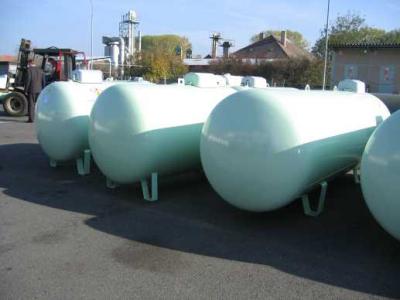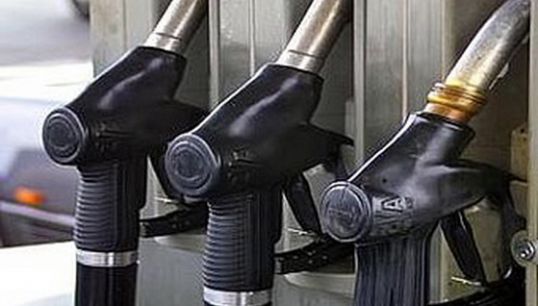Instruction
1
When you want to calculate gasoline, diesel fuel, liquefied petroleum gas not in bulk, in weight units as basic unit of calculation is necessary to take their actual density (specific gravity). To calculate this quite simple. For this you just need available the number of liters multiply by actual density. Then the result is divided by 1000, and obtained the required number.
2
The only thing that can affect the conversion of fuel from gallons to tonnes, is the temperature. The hotter, the more fuel specific weight. Therefore, the Ministry of industry and energy of the Russian Federation to facilitate these calculations and to do it without errors, made the decision to average the density value for gasoline. For example, for fuel grade A-76 (AI-80) the average specific density is 0,715 grams per cubic centimeter. For gasoline AI-92 is set to the average actual density within 0,735 grams per cubic centimeter, and for AI-95, this figure is 0.750 in grams. As for brand fuel AI-98, the average specific weight is 0,765 grams per cubic centimeter.
3
In the case where it is necessary to calculate the translation from liters to tonnes of diesel fuel (this is usually necessary in the retail trade), you need to use the following formula: M = V x 0.769 /1000. Where M is the volume of diesel fuel in tons, V is the volume of diesel fuel in litres, 0,769 is a density for diesel fuel is based on kilograms per liter.
4
It is possible to calculate the transfer of fuel to tonnes, use the average value, which was adopted in Rostekhnadzor. There are own rules in calculations fuel density. For example, for liquefied natural gas, the average value of 0.6 tonnes per cubic meter, petrol - 0.75 tons per cubic meter, and for diesel fuel, the figure of 0.84 t/m3.


